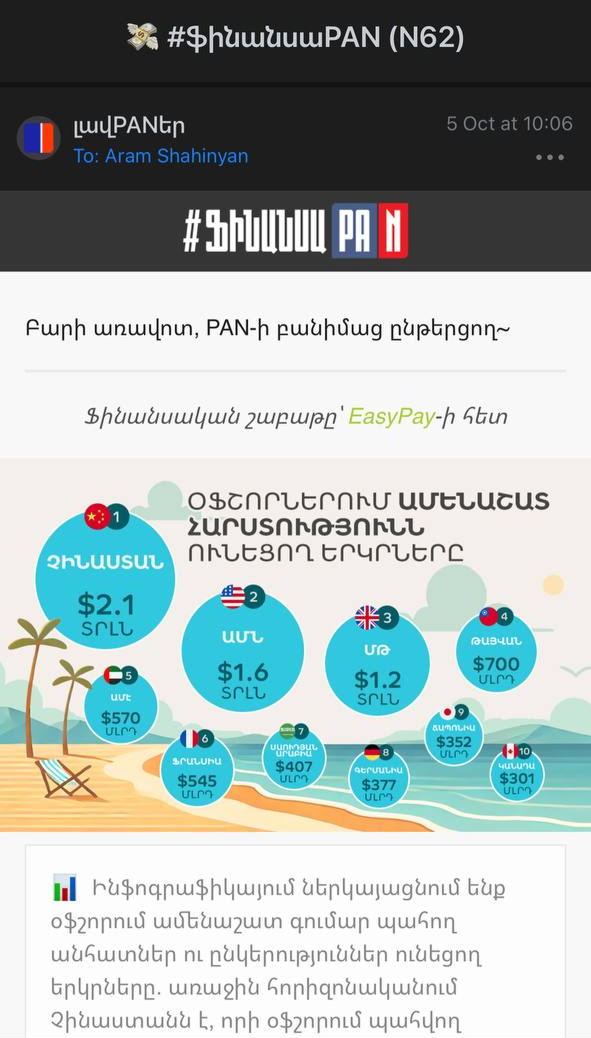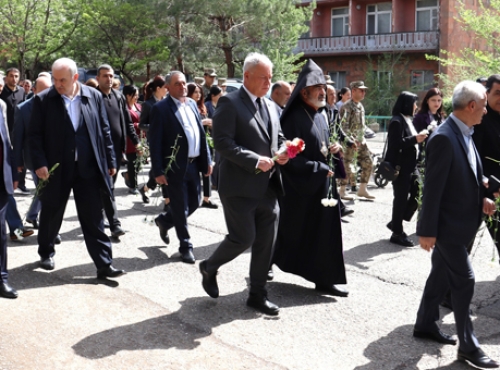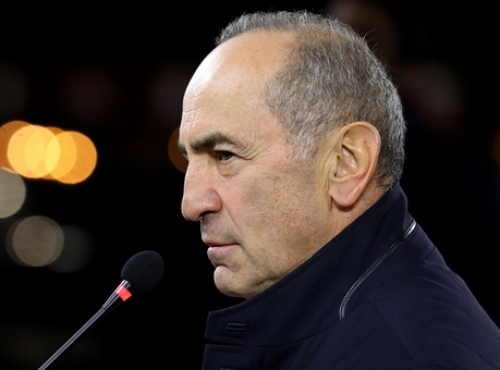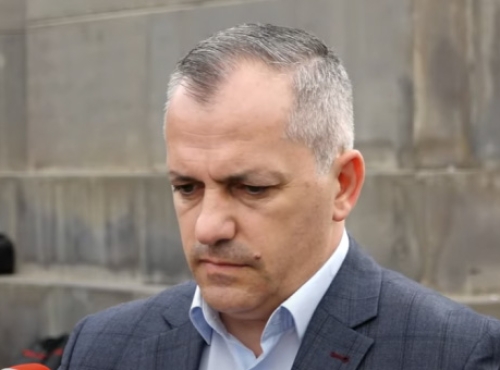Judging from the preliminary results, the Republicans will have 23-24 mandates in the proportional system. The majority system will provide them other 15 mandates. Among the independent candidates that have won in the single member constituencies there are at least 20 people loyal to the present-day government. This means that even without cooperation with “Dashnaktsutyun” and “Orinats Yerkir”, which totally will have about 30 mandates, the ruling party will have a control over the Parliament (66 votes). (The proportional elections will bring 11 mandates to “Dashnaktsutyun” party and 12 mandates to the “Orinats Yerkir”). So, it is not excluded that the RPA will prefer to cooperate not with the factions of these parties but with the newly formed deputy groups uniting the independent parliamentarians.
Such a turn of events was not planned by the President of the country who would like to divide the responsibility for the future government between the three political forces supporting him at the Presidential elections. Robert Kocharian is interested in having the confrontation between the allies eased so that the Republicans do not have the temptation of forming the cabinet of Ministers independently, because in that case the number of the representatives of opposition may increase. (Such a perspective is more realistic in case with the “Orinats Yerkir” party. It will be more difficult for the President to control this party than the “Dashnaktsutiun”). This is why, Robert Kocharian, probably, will use his influence to convince the Republicans to share the pie of the authority.
The leaders of the “Orinats Yerkir” do not hide their wish to have the post of the Parliament speaker. If the RPA agrees to give this post, the conflict may be considered solved. Regarding the ARFD, its working experience in the government allows them to have some ambitions. They will hardly agree to have less of what they have now. The perspective to be represented in the executive structures attracts also the United Labor Party that has also overcome the 5% barrier. Five mandates, of course, are not enough to be taken into account while forming the Cabinet of Ministers. However, it should be noted that in the list of the first 10 members of the party there are people at present working in the government. They will have enough chances to have their positions kept. As far as the ”Justice” block and the ”National Unity” party are concerned, they can not have any claim on participation in the formation of the government. On the eve of the elections the President said that the representatives of the opposition will not be included in the coalition cabinet. (We shall remind that the Cabinet formed after the past parliamentary elections included Ministers representing not only the pro-governmental political forces but also the communist party and the National Democratic Union). Demirchyan and Geghamyan will probably have to be satisfied with 27-28 mandates in the new Parliament. Taking into account the situation, it is supposed that the oppositional factions will not be able to have serious influence on the legislative authorities.
But let us note that the opposition that managed to have the maximum concentration of the protesting electorate lost only some 3 percent of the votes during the elections (This is the approximate number of voters, which preferred the oppositional parties that did not overpass the 5% barrier). In this sense the authorities lost much more. The political forces loyal towards the President – the Liberal block, the ”Powerful Motherland”, the ”Ramkavar-Azatakan”, the ”Dignity-Democracy-Motherland”, the Progressive Communist Party totally got about 170 thousand votes that did not influence the result of the elections.
The President has never hidden whom he would like to see in the Parliament. The picture appeared after the publication of the results of voting does not differ much from the one Robert Kocharian was imagining. It is evident that in the nearest future the National Assembly will not be a headache for him.





















